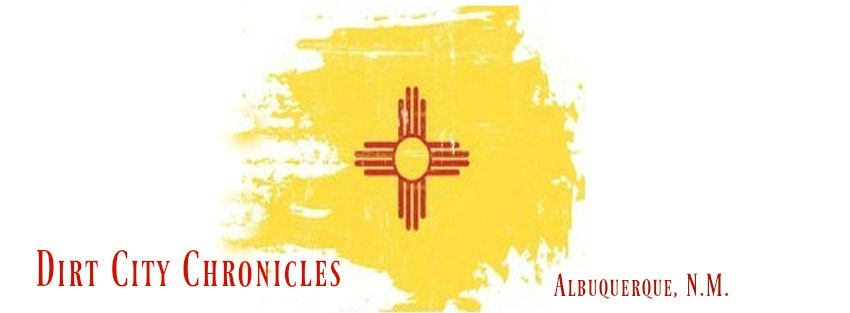This is a concept album, in the sense that everything Martin Stamper does is with purpose and forethought. The recurring theme that ties this album together is the pursuit of personal freedom. Mart's "Richman" finds freedom by "having enough money to last him till he dies" while living up on the hill looking down at the slums. Yes, he is free but not from his own anguish and demons. Martin's protagonist in "Whiteman Stole This Land" yearns for the freedom of flight but finds himself betrayed by his fears as he hopefully "dreams that his arms would not tire" yet he realizes that he will always be earthbound. In "Limbo" Martin describes the perfect world; an island, populated by himself, a woman and his dog. In his paradise there are no cops, laws, work or jobs, "there is nobody to drive him crazy" as he sings this, you can't help but feel that same need to be free and alone (or at least in good company). With this song Martin reveals his direct lineage to Woody Guthrie and Jimmy Rodgers, classic American troubadours, who searched in vain for the promised land and that big rock candy mountain of folk legend. If we could live our lives "flowing forever down the river" as Martin sings, the assumption would be that life like that river would never reach it's end.
Just how much Fast Heart Mart is influenced by Beck Hansen becomes apparent with "The Stripper Song", As he awakens to find that his stripper girlfriend has left him, Martin's sad lament begins with "My heart is broken, I will never love again" but then he sings "I will not cook breakfast for my next victim" as soon as he utters that one line you understand why she left him. The poor sap was at odds with his feelings of empathy towards her and empowerment over her, thus becoming a pain to live with. The Beck influences keep popping up in most of Martin's work, however where Beck sings about cultural vampires, Martin zeros in on corporate vampires, gas guzzlers, movie theaters and greed, all suffer his wrath. Rage against the machine, unless the machine happens to be fueled by reclaimed vegetable oil, as Mart's VW touring van is. Martin is a man of many and varied influences, he tunes his guitar so that it sounds like a sitar, but at the same time his vocals harken back to the Appalachian hills of his origins. Martin has never sounded better than he does on this album, the production is superb, the sound is clear and clean, his guitar playing is precise and sparse. He uses his trademark twin neck guitar in place of a back up singer, letting it carry the chorus while it serves as a counter point to his often strident vocals.



No comments:
Post a Comment